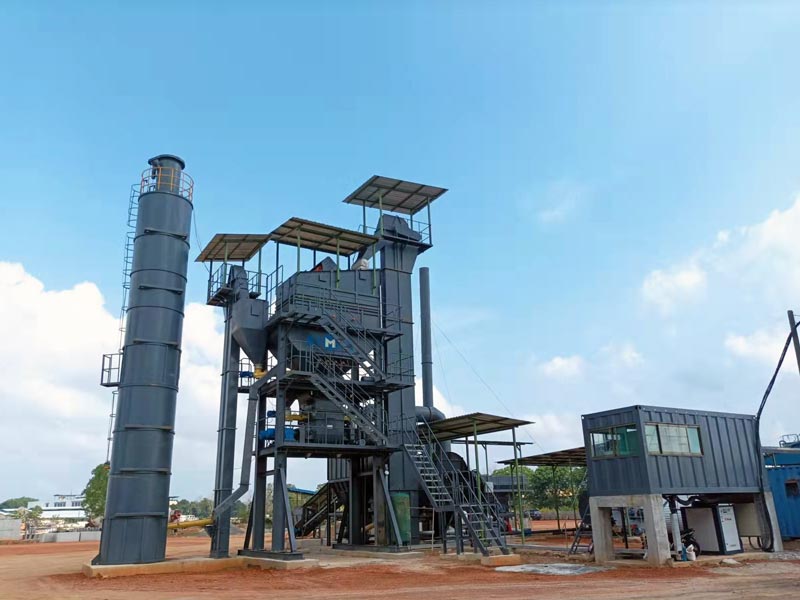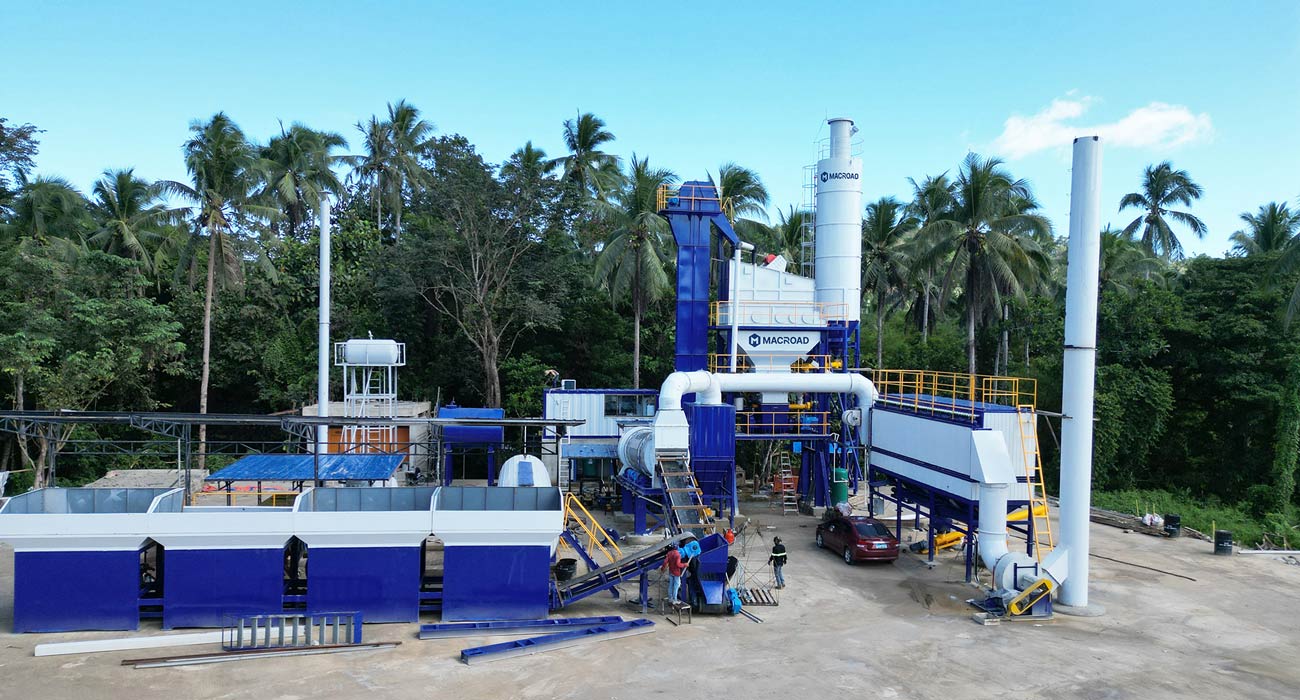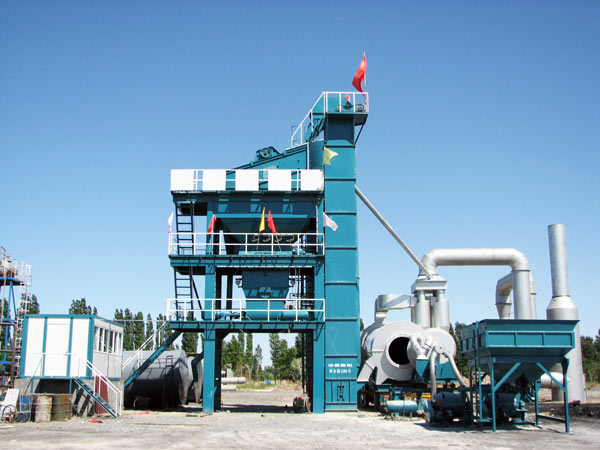As environmental regulations become increasingly stringent, asphalt mixing plants must comply with various standards to avoid production suspensions. For customers, understanding how to mitigate the risks associated with non-compliance is critical to maintaining project timelines and budget efficiency. This article outlines effective strategies customers can implement to ensure that the asphalt mixing plants they engage with adhere to environmental protection standards, thereby minimizing the risk of production interruptions.

Understanding Environmental Standards
The first step in avoiding production suspension risks is to have a comprehensive understanding of the environmental regulations that apply to asphalt mixing plants. These regulations can vary by region and may include limits on emissions, waste management protocols, and noise control measures. Customers should familiarize themselves with these requirements to ensure they are working with compliant asphalt plant suppliers. In this part you can try Macroad as your suitable asphalt plant supplier.
When engaging with an asphalt plant supplier, it is essential to inquire about their compliance history and the measures they have in place to adhere to environmental standards. For example, plants operating in extremely cold areas road project may face unique challenges that require specific compliance strategies, such as using warm mix asphalt technologies to reduce emissions. By selecting suppliers who prioritize compliance, customers can significantly reduce the risk of production suspensions.
Furthermore, customers should stay informed about any changes in environmental regulations. This proactive approach not only helps in selecting compliant suppliers but also ensures that ongoing projects are not impacted by unforeseen regulatory changes.

Conducting Supplier Audits
To further mitigate risks, customers should consider conducting regular audits of their asphalt plant suppliers. These audits can help assess whether the suppliers are genuinely adhering to environmental protection standards and implementing best practices in their operations. During an audit, customers can evaluate the plant’s environmental management systems, waste disposal methods, and monitoring processes.
For instance, customers can review reports on emissions and waste management to ensure that the asphalt mixing plant is not only compliant but also striving for continuous improvement. Engaging in this level of oversight allows customers to identify potential risks before they escalate into production suspensions. Especially for the project in extremely cold areas. It also fosters a collaborative relationship between customers and suppliers, encouraging open communication about compliance efforts.
Additionally, working with suppliers who have a track record of environmental responsibility can provide added assurance. An asphalt plant supplier with certifications or awards for environmental management demonstrates a commitment to compliance, further reducing the likelihood of any disruptions in production.

Implementing Contingency Plans
Another effective strategy for customers is to implement contingency plans that address potential production suspensions due to non-compliance. These plans should outline steps to take if a supplier fails to meet environmental standards, including alternative sourcing strategies and timelines for re-engagement.
Customers can establish relationships with multiple asphalt plant suppliers to create a safety net. This way, if one supplier faces compliance issues, customers can quickly shift their projects to another compliant supplier without significant delays. For example, if a project requires a specific type of asphalt mix, having multiple options in mind can ensure that production continues smoothly, regardless of any disruptions.
Moreover, customers should clearly communicate their expectations regarding compliance and environmental standards in their contracts with suppliers. This clarity helps set the tone for the partnership and emphasizes the importance of adhering to environmental regulations. By including compliance clauses, customers can hold suppliers accountable and ensure that they are taking the necessary steps to avoid production suspensions.
Conclusion
By understanding environmental standards, conducting supplier audits, and implementing contingency plans, customers can effectively mitigate the risks of production suspension in asphalt mixing plants due to non-compliance. This proactive approach not only safeguards project timelines and budgets but also promotes sustainable practices within the industry. As regulations continue to evolve, staying informed and engaged with asphalt plant suppliers is essential for ensuring compliance and maintaining smooth operations in asphalt production. Customers who prioritize these strategies will be better positioned to navigate the complexities of environmental regulations, ultimately leading to more successful project outcomes.
